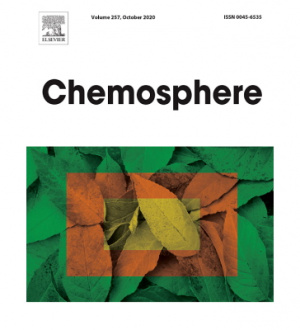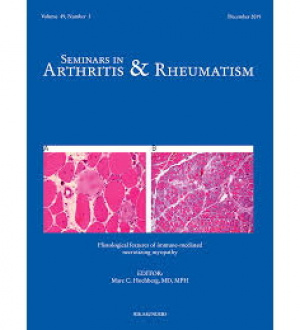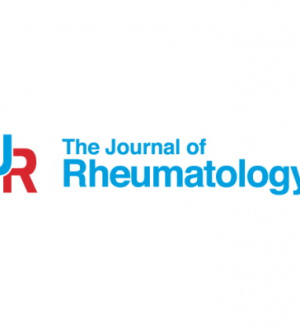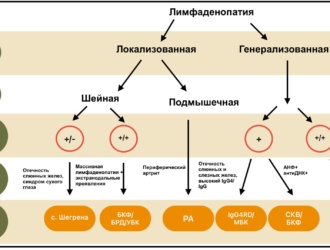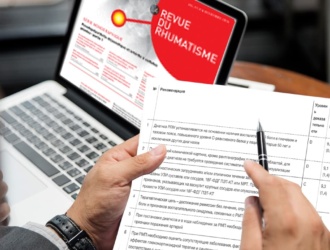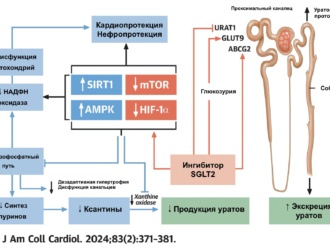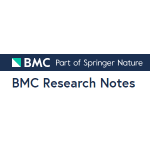 BACKGROUND:
BACKGROUND:
Colchicine has been used as anti-inflammatory agent in pericardial effusion (PE). We sought to perform a meta-analysis of randomized trials assessing the efficacy and safety of colchicine in patients with pericarditis or postpericardiotomy syndrome (PPS).
METHODS:
In the systematic literature search following the PRISMA statement, 10 prospective randomized controlled studies with 1981 patients with an average follow-up duration of 13.6 months were identified.
RESULTS:
Colchicine reduced the recurrence rate of pericarditis in patients with acute and recurrent pericarditis and reduced the incidence of PPS (RR: 0.57, 95% CI: 0.44−0.74). Additionally, the rate of rehospitalizations as well as the symptom duration after 72 h was significantly decreased in pericarditis (RR 0.33; 95% CI 0.18−0.60; and RR 0.43; 95% CI 0.34−0.54; respectively), but not in PPS.
Treatment with colchicine was associated with significantly higher adverse event (AE) rates (RR 1.42; 95% CI 1.05−1.92), with gastrointestinal intolerance being the leading AE. The reported number needed to treat (NNT) for the prevention of recurrent pericarditis ranged between 3 and 5.
The reported NNT for PPS prevention was 10, and the number needed to harm (NNH) was 12, respectively. Late colchicine administration > 7 days after heart surgery did not reduce postoperative PE.
CONCLUSIONS:
Our meta-analysis confirms that colchicine is efficacious and safe for prevention of recurrent pericarditis and PPS, while it reduces rehospitalizations and symptom duration in pericarditis. The clinical use of colchicine for the setting of PPS and postoperative PE after heart surgery should be investigated in further multicenter RCT.
BMC CardiovascDisord. 2019 Sep 2; 19 (1): 207
Lutschinger LL, Rigopoulos AG, Schlattmann P, Matiakis M, Sedding D, Schulze PC, Noutsias M.
PMID: 31 477 020
PMCID: PMC6720402
DOI: 10.1186/s12872−019−1190−4

